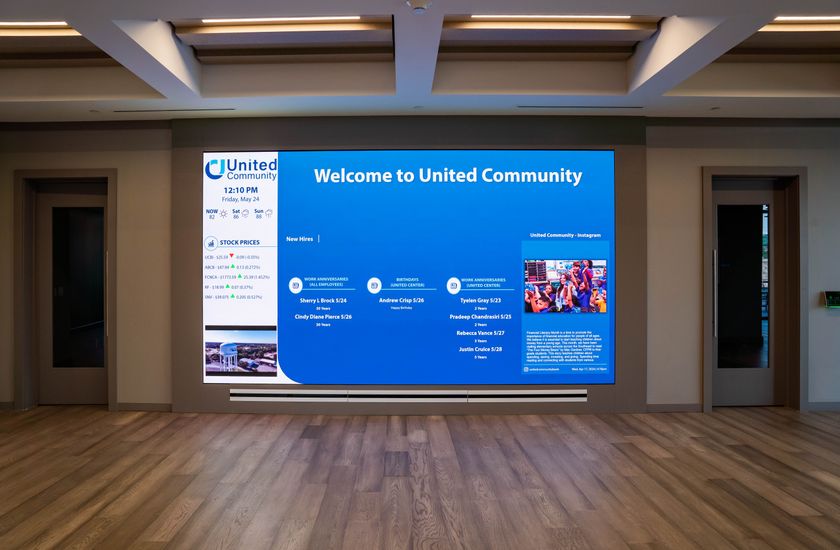Onepath, a provider of managed technology services for small and midsize businesses (SMBs), has debuted a unified communications service for companies that have an urgent need to support increasingly decentralized employees.

SMBs across industries are facing the challenge of supporting employees who have been forced to work remotely due to coronavirus. And now, with many states and cities reopening and some employees returning to the office, the challenge increases, as companies must find a way to connect workers in a wider variety of locations. SMBs have limited financial and technical resources as compared to larger companies, making them more vulnerable during this transition; over the past few months, many SMBs have had a difficult time providing remote workers the tools they need to be productive. Under “normal” circumstances, a lack of access to basic tools such as fax and phones might stunt an SMB’s growth. In a pandemic, the impact could be devastating.
Related: Crestron Debuts Flex R-Series Mobile UC System
To address this need, Onepath is launching Cloud PBX, a unified communications-as-a-service (UCaaS) solution designed specifically for SMBs confronting coronavirus-induced challenges. Onepath Cloud PBX aims to provide everything a worker needs to do her/his job remotely or from the office, including the ability to receive and transfer calls and manage voicemails as if using an office desk phone, secure document sharing and storage, and videoconferencing and screen sharing. Onepath Cloud PBX can be deployed to WFH and office environments in two to three days, is offered in three flavors—Engage, Accelerate, and Optimize—and starts at $15 per user.
“This is all about helping companies adjust to the new normal as far as supporting workers wherever they are,” said Brian Kirsch, SVP at Onepath. “With Cloud PBX, SMBs can get up and running quickly with integrated call, fax, and collaboration capabilities, with zero hardware requirements, and companies can easily add users and sites without needing to purchase additional infrastructure. We think it’s a slam dunk for any SMB, and we look forward to helping companies transition smoothly to the new normal.”









